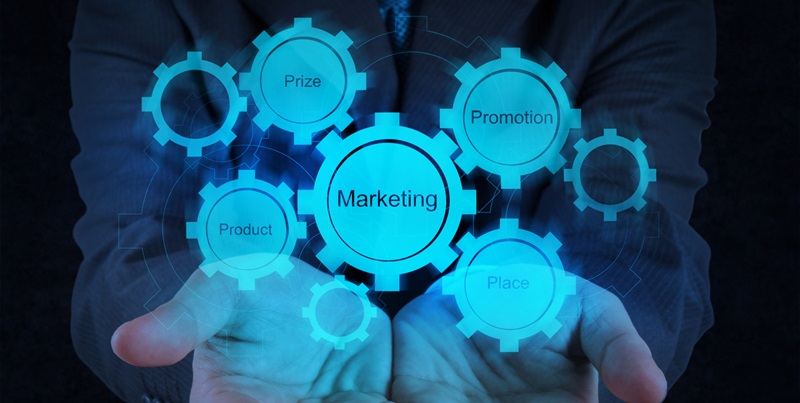In 2024, several key trends are poised to reshape the landscape of marketing automation, offering exciting opportunities for brands to stay ahead of the curve. The influence of AI and machine learning is undeniable, and one of the most significant advancements will be the rise of predictive analytics. Imagine anticipating customer needs and preferences with uncanny accuracy. This article takes a deep dive into the dynamic world of marketing automation, exploring the latest developments and strategies to unlock the hearts of customers.
The growing influence of AI and machine learning
The influence of AI and machine learning in marketing automation cannot be understated. These technologies have revolutionized how marketers analyze data, predict consumer behavior, and automate processes. AI-powered algorithms enable marketers to gain valuable insights from vast amounts of customer data, empowering them to make data-driven decisions and create highly personalized marketing campaigns.
The Rise of Predictive Analytics
One of the most significant advancements in marketing automation is the rise of predictive analytics. By leveraging AI and machine learning, marketers can now analyze historical data to make accurate predictions about future customer behavior. This allows businesses to proactively tailor their marketing strategies and deliver highly targeted campaigns to individual customers, increasing conversion rates and customer satisfaction.
Anticipating Customer Needs with Uncanny Accuracy
The power of predictive analytics lies in its ability to anticipate customer needs and preferences with uncanny accuracy. By analyzing past behavior and trends, marketers can identify patterns and predict what customers are likely to do in the future. This enables businesses to offer personalized recommendations, product suggestions, and tailored experiences that resonate with customers, ultimately leading to stronger brand loyalty.
The Importance of Omnichannel Personalization
Omnichannel personalization is the key to gaining and retaining customer loyalty in today’s competitive market. Customers expect seamless and personalized experiences across all touchpoints, whether it is through email, social media, mobile apps, or in-store interactions. By leveraging marketing automation platforms like ActiveCampaign and HubSpot, businesses can orchestrate their marketing efforts across multiple channels, ensuring consistent and personalized messaging that resonates with customers and fosters brand loyalty.
ActiveCampaign and HubSpot act as conductors of marketing efforts
Platforms like ActiveCampaign and HubSpot act as the conductors of your marketing orchestra, bringing together disparate channels and data sources into a unified, automated system. These platforms provide robust features, including customer segmentation, email marketing automation, lead nurturing, and analytics, empowering marketers to deliver personalized and timely messages at scale.
The Intricacies of Modern Marketing Funnels
Modern marketing funnels are intricate masterpieces that guide customers along a personalized journey, from brand awareness to conversion and beyond. Through marketing automation, businesses can create and optimize dynamic funnels that adapt to each customer’s unique behavior and preferences. By delivering the right message at the right time, marketers can nurture leads, convert them into customers, and drive repeat purchases.
Exploring Additional Technologies that Enhance Marketing Automation
The technology doesn’t stop at AI and predictive analytics. Other emerging technologies, such as augmented reality (AR), virtual reality (VR), and voice assistants, are also finding their place in marketing automation. These technologies offer new ways to engage customers and deliver immersive experiences that resonate with modern consumers’ preferences and expectations.
The Valuable Role of Chatbots in Customer Service
Chatbots have already established themselves as valuable customer service tools. By leveraging natural language processing and AI, chatbots can provide instant and personalized responses to customer inquiries, improving customer satisfaction and reducing response times. Integrating chatbots into marketing automation platforms helps businesses automate customer interactions, freeing up resources to focus on higher-level tasks.
From amplified personalization to hyper-accurate predictive analytics, the marketing automation landscape is undergoing a thrilling transformation. As brands harness the power of AI, machine learning, and emerging technologies, they can create highly targeted and personalized marketing campaigns that resonate with customers at every touchpoint. The rise of predictive analytics enables businesses to anticipate customer needs with uncanny accuracy, allowing for personalized recommendations and experiences that foster brand loyalty. In this ever-evolving digital landscape, staying ahead of the curve requires a deep understanding of marketing automation strategies and the ability to leverage cutting-edge technologies to create meaningful connections with customers.

